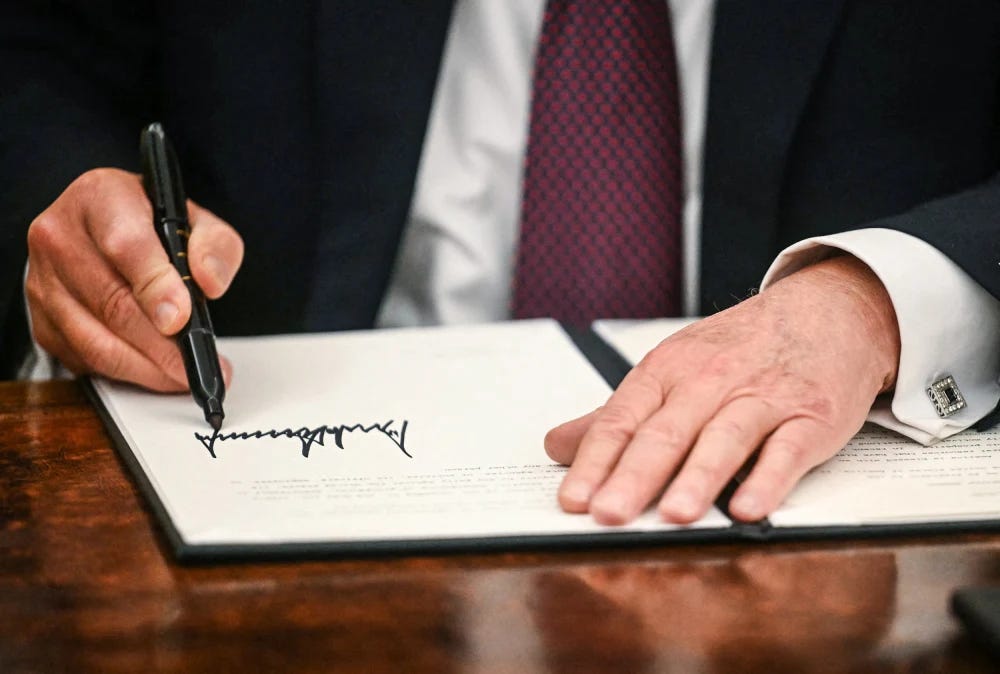Transgender Inmate Files Lawsuit Over Trump’s Order Limiting Transgender Rights
The transgender woman claims the order would disrupt her access to hormone therapy and mandate a transfer to a men's prison.
BOSTON — A transgender woman incarcerated in a federal prison has filed a lawsuit, challenging President Donald Trump’s executive order that mandates the U.S. government recognize only two, fixed sexes, and requires transgender inmates to be placed in men’s prisons. The lawsuit argues that this order infringes on her constitutional rights and violates federal law.
The lawsuit was filed on Sunday in federal court in Boston, with representation from legal advocates including GLBTQ Legal Advocates & Defenders. The case targets an executive order signed by Trump on January 20, his first day back in office, which he described as a measure to combat “gender ideology extremism.”
This lawsuit is the first known challenge to the order, which dictates that the federal government will only recognize two sexes, male and female, and mandates transgender women be housed in male prisons. It also halts the funding of gender-affirming healthcare for inmates.
The plaintiff, using the pseudonym Maria Moe, argues that Trump’s directive discriminates on the basis of sex, violating her due process rights under the Fifth Amendment. The lawsuit also contends that a potential transfer to a male facility would constitute a violation of her rights under the Eighth Amendment, which prohibits cruel and unusual punishment. Additionally, discontinuing her access to hormone therapy, which she has received since adolescence to treat gender dysphoria, would breach the Rehabilitation Act of 1973.
The lawsuit, which was initially accessed by Reuters before being sealed for reasons yet unknown, claims that the Bureau of Prisons notified Moe the day after the executive order was signed that she would be moved from a women’s prison to a men’s facility. It also states that her gender was reclassified from “female” to “male” and that her hormone treatment was set to be cut off.
Moe’s attorneys warn that moving her to a male prison would place her at “extremely high risk” of harassment, violence, abuse, and sexual assault.
The lawsuit seeks a court order to maintain Moe’s current housing arrangement and medical care, and asks for a judicial ruling that the executive order violates her constitutional rights.
Details regarding the crime for which Moe was convicted have not been disclosed in the lawsuit.
The U.S. Department of Justice, which oversees the Bureau of Prisons, declined to comment on the case.


